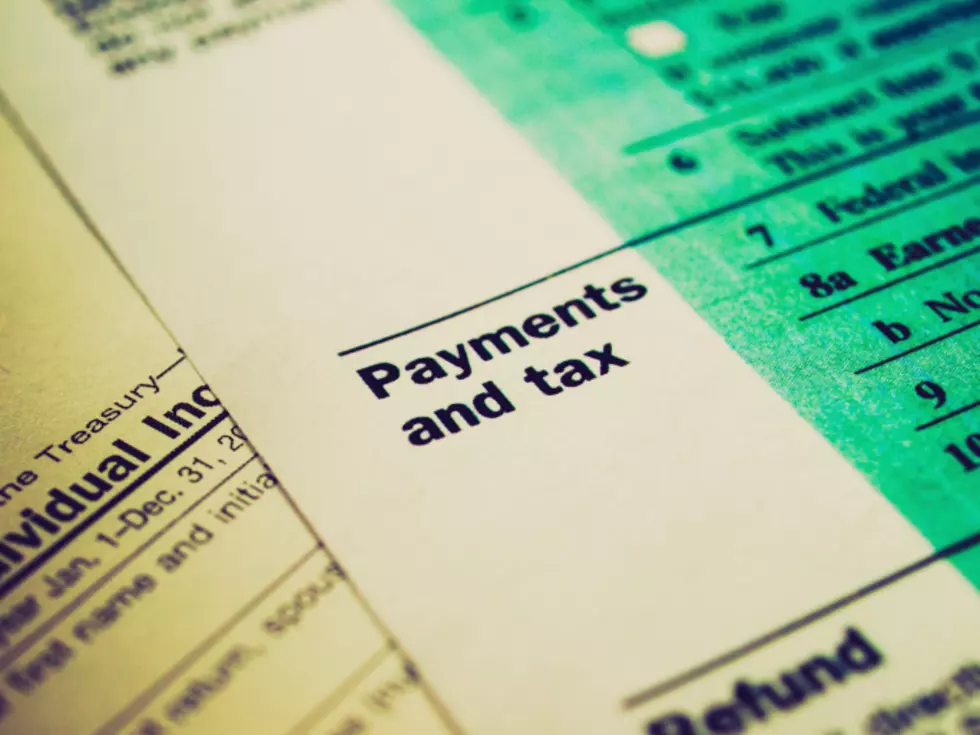
Depreciation from a home office
Q. Please explain depreciation, and why would anyone want to do it? It seems you’d get killed in taxes when you eventually sell a home.
— Working from home
A. Depreciation is something of great interest to taxpayers who have a home office.
Typically, if you sell your home and have lived in your home for the past two years, you can take a $500,000 exemption on the gain from the sale if married and a $250,000 if filing single/head of household, said Ken Bagner, a certified public accountant with Sobel and Co. in Livingston.
“If you run a home office and take your home office as a tax write-off, you have the option to include depreciation as a tax deduction,” Bagner said. “Depreciation write-offs would be taken over time and limited to the ratio of square feet in your home office compared to square feet in your home.”
For example, he said, if your home office is 200 square feet and your house is 2,000 square feet, you could take one-tenth of the non-land portion of the purchase price and depreciate it through a home office deduction.
Bagner said one option for allocation between land and your house is to use your real estate tax bill. He said there should be an allocation on the bill between land and building, and the allocation ratio can be used.
He offered this example: If you buy your home for $400,000, the bill may have an assessment done years ago which valued the property at $200,000. The bill may say, for example, $50,000 relates to land and $150,000 to building. In this case, 25 percent of your purchase price can be allocated to land and 75 percent to the house, or $100,000 and $300,000 respectively.
This is important because the house portion can be deprecated over 27 1/2 years, Bagner said
“If you decide to depreciate your home you will receive a federal tax deduction and reduce the amount of Social Security taxes you will pay for the year,” he said. “Depending on your circumstances, you may save between 30 cents to 50 cents on the dollar by taking the depreciation deduction.”
The downside? When you sell your home, the IRS will recapture the depreciation and tax you on the depreciation deductions you have benefited from in previous years, Bagner said.
The tax rate is generally 25 percent on the recapture, he said.
“So if you take a 30 to 50 percent tax deduction today and pay 25 percent tax later, you are not only winning on the spread between rates. You are also winning on the time value of money,” Bagner said. “This would be a good decision from an economic standpoint although it can be deemed painful when you sell your home as you will have to pay back all of the accumulated depreciation taken in previous years on the year of sale.”
Email your questions to ask@njmoneyhelp.com.
Karin Price Mueller writes the Bamboozled column for The Star-Ledger and she’s the founder of NJMoneyHelp.com. Click here to sign up for the NJMoneyHelp.com weekly e-newsletter. Like NJMoneyHelp.com on Facebook and follow it on Twitter.
More From New Jersey 101.5 FM









